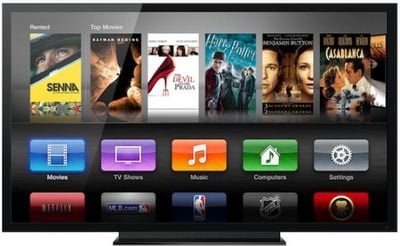As noted by The Next Web, UK communications regulator Ofcom today announced that it has awarded permission to carrier Everything Everywhere to begin using its existing 1800 MHz spectrum to offer LTE and WiMAX services beginning on September 11.
In a statement on its website, Ofcom announced that it had approved Everything Everywhere’s request to rebrand its 1800MHz spectrum to deliver 4G services from September 11, 2012, highlighting that as a result it would be able to deliver “significant benefits to consumers, and that there is no material risk that those benefits will be outweighed by a distortion of competition.“
It will take some time for Everything Everywhere, which currently operates the Orange and T-Mobile brands in the UK, to roll out the service, but a number of of observers have already pointed out that the effective date comes just one day prior to Apple's all-but-confirmed media event to introduce the next-generation iPhone.

The current-generation iPad only supports LTE over 700 MHz and 2100 MHz frequencies, and Apple will need to support several other frequency bands if it wishes to support LTE service in major markets outside of the existing iPad compatibility in the U.S. and Canada. Just last week, Korean carriers reported that they were talking to Apple about supporting LTE service on their 800 MHz and 1800 MHz bands.
While Everything Everywhere is undoubtedly pleased by Ofcom's ruling giving it early permission to offer LTE service, The Verge notes that the carrier's competitors (Vodafone, Three and O2) are less enthusiastic as they look toward the UK's main auction of 800 MHz and 2600 MHz bands early next year, arguing that Everything Everywhere's advantage will distort the competitive landscape in the UK mobile market.


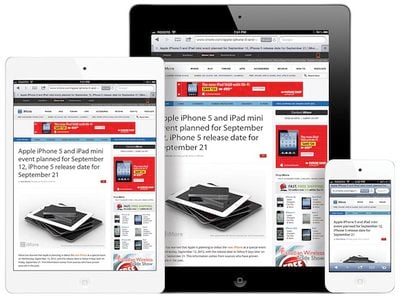

 Digital advocacy organization
Digital advocacy organization 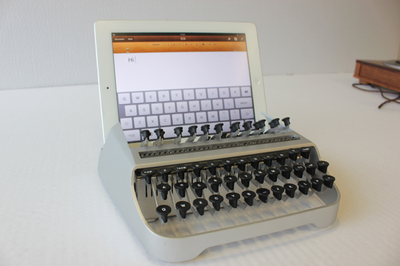
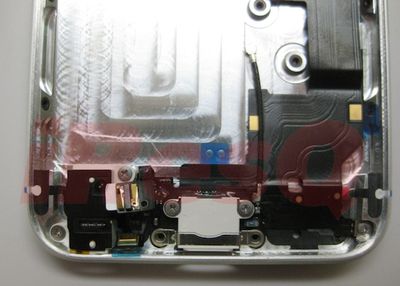

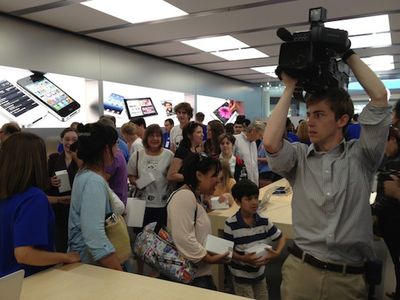
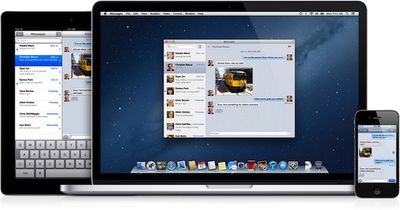
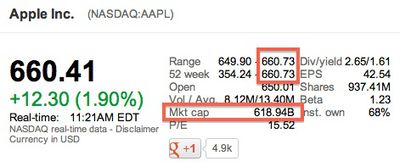

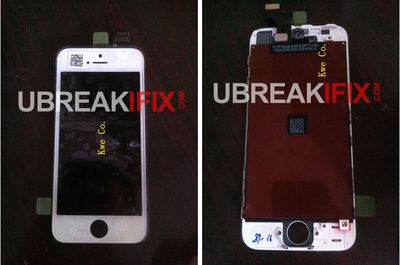
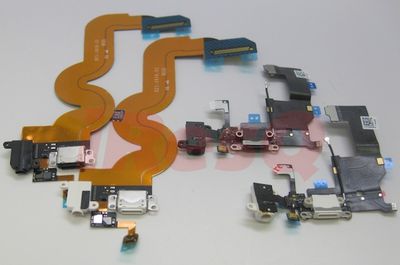
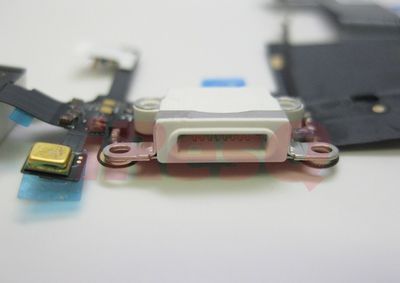
 AT&T will not charge customers for using the FaceTime over Cellular feature in iOS 6, but will require users to be on one of its new Mobile Share data plans. Last month, AT&T CEO Randall Stephenson declined to talk about how the company would handle the new FaceTime feature, saying "it's too early to talk about pricing."
AT&T will not charge customers for using the FaceTime over Cellular feature in iOS 6, but will require users to be on one of its new Mobile Share data plans. Last month, AT&T CEO Randall Stephenson declined to talk about how the company would handle the new FaceTime feature, saying "it's too early to talk about pricing." However, according to Brian Jaquet, OnLive's Director of Corporate Communications, the story is untrue. The company's Twitter feed is
However, according to Brian Jaquet, OnLive's Director of Corporate Communications, the story is untrue. The company's Twitter feed is 
